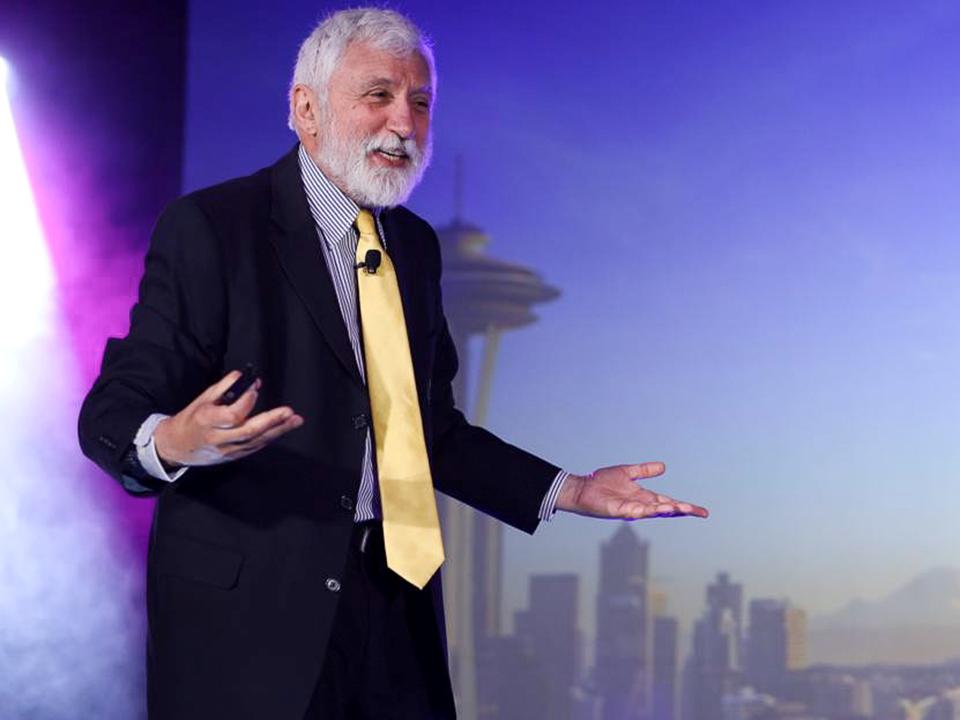
The story of Mirce science is the journey over the road that Dr Jezdimir Knezevic has travelled since birth till today, but it is not a story about him; it is a story about the quest for the new body of knowledge that he named Mirce Science, without reasonable excuse!
The personal journey started with his childhood obsession with racing cars, progressing to building one by hand (Zastava 750), using parts obtained from scrap yards, in a neighbour’s garden in 1974. Two years later driving that car he earned one point in the Yugoslav National Rally Championship, while experiencing the physical reality of rallying.
After obtaining Bachelor, Master and Doctoral degrees from Faculty of Mechanical Engineering, University of Belgrade, Yugoslavia, his professional journey took him to universities, libraries, institutes, companies and other organisations worldwide, in the quest for non-exiting knowledge of science and mathematics, the complexity of which, according to Jack Hessburg (1934-2013), the World’s first Chief Mechanic (Boeing 777), required the intellectual effort equal to winning a Nobel Prize!
Both paths converged towards the conceptual creation of Mirce science, which was enthusiastically welcomed by aerospace and defence industries, including companies like: Lockheed Martin, Rolls Royce, British Aerospace, Thomson Training & Simulation, GKN Westland Helicopters, Short Brothers, Martin- Baker, RACAL, United Defense, Kongsberg Defense, Alvis Vehicles (GKN Defence), EDS, Siemens Plessey, Lucas, NAMSA, Chelton Electro-Statics, Royal Air Force, South African Navy, Vickers, GEC Marconi, British Army, Yarrow Shipbuilders, Taiwan Air Force, Royal Norwegian Air Force, University of Singapore, Sentient Systems, Vickers Shipbuilding and Engineering. Hence, in 1988 Dr Knezevic established a self-financing Centre for Management of Industrial Reliability, Cost and Effectiveness, MIRCE, at Exeter University, UK.
In 1991, Dr Knezevic developed and introduced the first Master of Science Degree in Logistics Engineering in the United Kingdom, at Exeter University. This was followed by the first Master Programme in Reliability and Maintainability Engineering, in 1996, and finally, in 1997 the first Master Programme in System Operational Effectiveness. Through these programmes he has directed and supervised over 150 postgraduate students, holding senior positions in leading global, business and public, organisations.
By its 10th Birthday, the MIRCE Centre has developed and delivered over 100 vocational courses and 12 international summer schools for practitioners from industry. Under Dr Knezevic's leadership, the Centre has attracted over 3000 professional engineers and managers and generated an income in excess of 3 million US dollars.
In 1999 Dr Knezevic realised that the development, dissemination and application of Mirce science required his total commitment. Hence, for that purpose, he decided to resign from the University of Exeter and founded the Mirce Science Limited at the Woodbury Park, Exeter, UK. Educational and training activities in Mirce Science were delivered by its division, the MIRCE Akademy. Under his leadership Mirce science became recognised theory for the prediction of the motion of machines through in-service reality, compelled by imposing natural & human actions. Measurable quantities of motion are calculated by Mirce Functionability Equation in accordance to axioms, formulas, algorithms and computational methods, well before they became statistics. The MIRCE Akademy has educated thousands of professionals coming from Industry, Government and Military Organisations world-wide. Some of them have received internationally recognised Master or Doctoral Diplomas.
As the COVID-19 has totally changed the nature of the global industrial education and training practices, Dr Knezevic dissolved Mirce Science Ltd. in June 2025 and continued development and promotion of Mirce Science under name of Mirce Science Akademy. It is an non income generated personal endeavour for the befit of humanity based in his XVI century built thatched cottage in tranquil village of Bickleigh, Devon, England.
For professional achievements of dr Knezevic, please look at JK-Professional Achievements.